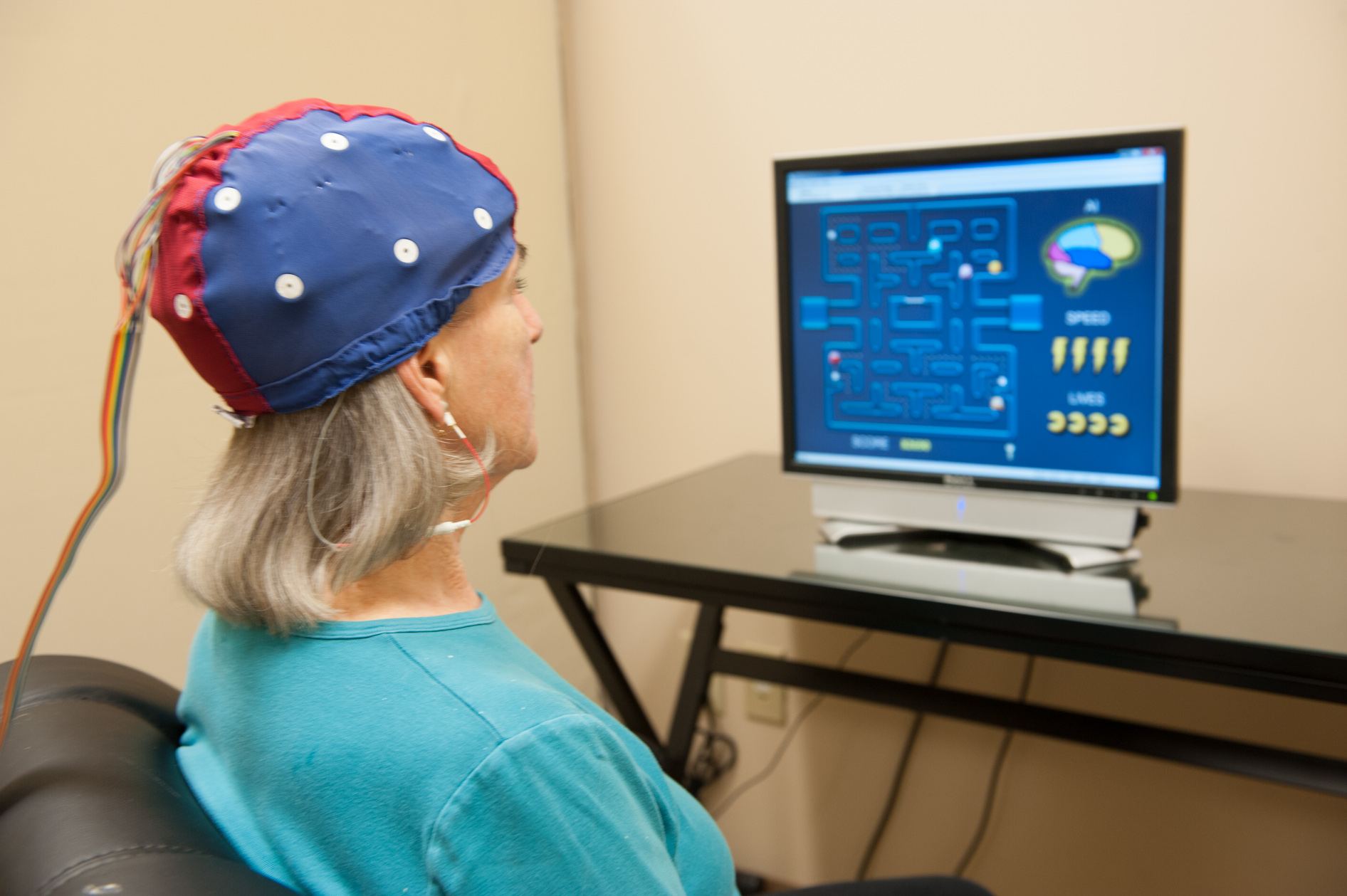Investigating How Slumber Disorders Interfere with Brainwave Function and Affect Mental Function
Investigating How Slumber Disorders Interfere with Brainwave Function and Affect Mental Function
Blog Article
Sleep is an crucial part of our everyday lives, enabling our bodies and mental faculties to repose and rejuvenate. However, many people experience from slumber disorders, which can considerably disturb slumber patterns. These disorders can lead to multiple issues, including changes in brainwave activity. Brainwaves are electronic impulses in the mind that indicate our mental state and function. When sleep is disturbed, the typical patterns of neural waves can be affected, resulting to issues with cognitive function, such as recall, focus, and decision-making.
There are various types of sleep disorders, including sleeplessness, sleep apnea, and unsettled leg syndrome. Insomnia is characterized by trouble falling or remaining asleep, while sleep apnea entails interruptions in respiration during slumber. Restless leg syndrome induces discomforting sensations in the limbs, leading to an compelling urge to shift them. Each of these disorders can disrupt the natural slumber cycle, which consists of different stages, including light sleep, deep sleep, and REM (rapid eye movement) slumber. Each stage holds a crucial role in preserving overall brain health and performance.
When sleep disorders disturb with these stages, brainwave activity can become erratic. For example, during profound sleep, the mind produces gentle delta waves, which are important for bodily restoration and recall consolidation. If a person undergoes repeated awakenings or does not reach profound sleep, the production of these delta waves is reduced. This can result to difficulties in acquiring new information and holding memories. Additionally, REM sleep, which is associated with fantasizing and emotional processing, is also impacted. Disruptions in REM sleep can result to problems with emotional regulation and inventiveness.
The effect of slumber disorders on cognitive function is substantial. Research has shown that individuals with slumber disorders often experience challenges with focus and concentration. This can affect their performance at educational institutions or work, making it challenging to complete tasks or engage in discussions. Furthermore, long-term sleep deprivation can result to mood changes, increased stress, and even nervousness or melancholy. These cognitive and affective challenges can create a cycle, this hyperlink where inadequate sleep leads to mental difficulties, which in turn can result to more sleep problems.
Addressing slumber disorders is crucial for enhancing neural wave activity and mental function. Treatment options may include habitual changes, such as creating a regular slumber schedule, establishing a cozy sleep environment, and engaging in relaxation techniques. In some cases, clinical intervention may be necessary, such as employing a CPAP machine for sleep apnea or medication for insomnia. By prioritizing slumber and seeking appropriate care, people can enhance their overall cognitive abilities and boost their quality of life. Comprehending the relationship between sleep disorders, brainwave activity, and mental function is an essential step toward better health and well-being.